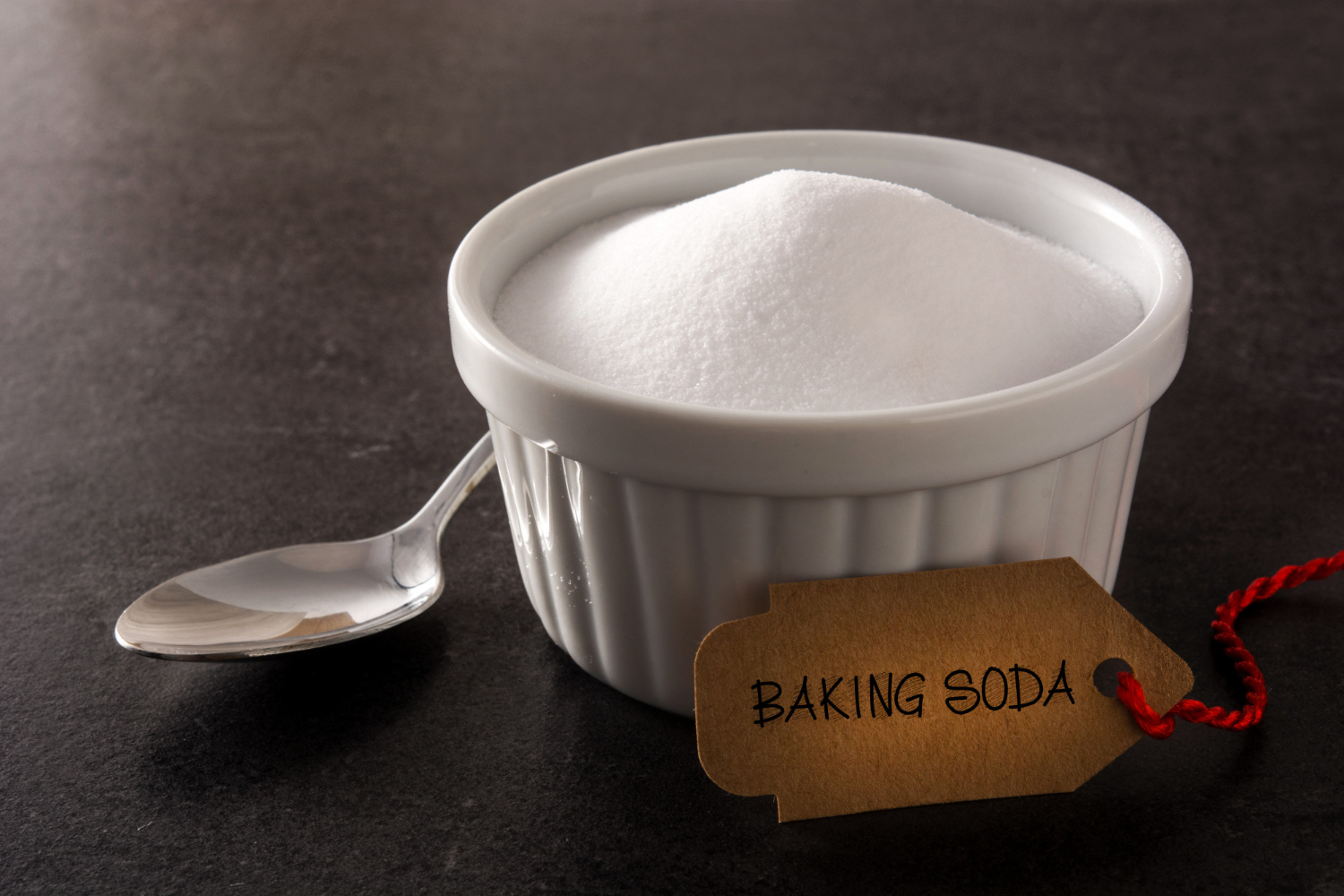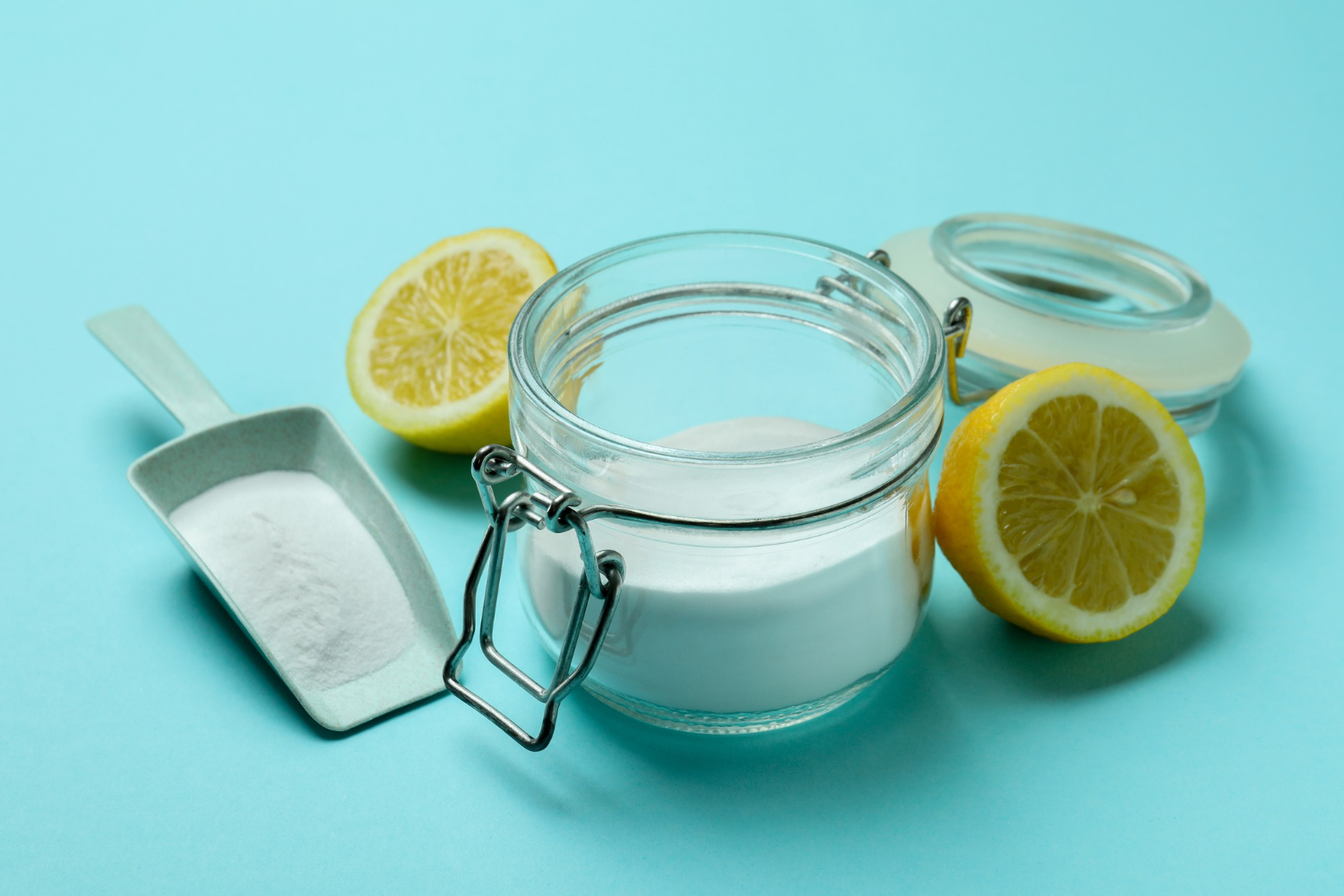Citric acid and baking soda are two edible substances that are used for cooking and cleaning purposes. These powders are both white in color, odorless, and almost indistinguishable. Also, both of these compounds are used to raise baked goods to their optimal quality. However, while these two are both leavening agents, their chemical compositions are polarizing to one another.
Citric acid is a form of acid that works well when mixed with an alkalic substance (nut milk). Baking soda (sodium bicarbonate, scientific) is a base chemical that reacts when combined with acidic substances. To have a better understanding of the varieties of chemical substances, you should know their pH level.
Is Baking Soda and Citric Acid the Same?

To better understand food and other edible substances, you first need to understand its acidity and alkalinity.
- Acids are those who have a lower pH level of water or those who are under the 6.9 to 1 pH range. These substances are known for their acidic taste, sour scent, and tenderizing properties. Popular kitchen ingredients that are acidic include lemon juice, vinegar, and citric acid.
- Meanwhile, alkaline or base are substances above the pH level of water or those with 7.1 with 14 range. Base substances are known for their acrid, almost soapy taste and their ability to stabilize food. Edible foods that are considered alkalic are nut milk, cucumbers, melons, and baking soda.
This is why citric acid or baking soda are different from one another. The first one is an acidic substance, while the latter is an alkalic substance. While these two are both used as raising agents, some reminders must be made for these substances to work:
- Citric acid is known for its acerbic taste, so proper proportions must be done to utilize this leavening agent. Nevertheless, this is a popular alternative for vegan baking by replacing the raising properties of eggs and buttermilk.
- To use this, citric acid is combined with baking powder to produce a chemical reaction. This chemical reaction causes the carbon dioxide gases to fill the mixture, which will create air pockets into the variety—helping the batter to rise fully.
- For breadmaking, you can use citric acid to create the tangy flavor of sourdough bread. By including citric acid in your bread mix, you can drastically reduce the fermentation time needed to develop the complex, tangy taste of homemade bread. Just add a quarter teaspoon of citric acid to your dough before kneading.
- Baking soda or bicarbonate of soda is the primary ingredient in the baking powder mixture. This material is known for its bitter, almost soapy taste. However, when used in the right proportion, it can work efficiently as a raising agent.
- To use sodium bicarbonate for your baking needs, it should be mixed thoroughly with dry ingredients before including the wet ingredients. Unlike citric acid, baking soda quickly reacts to water and can lose its rising properties quicker. In addition, it reacts faster once it touches an acidic substance (citrus fruit, vinegar, sour cream, etc.)
- Before using your stored baking soda, make sure that you’ve “proof” your leavening agent. To do so, measure half a cup of baking soda in a clean, dry cup. Later on, apply a mixture of ½ cup of hot water with ¼ cup of vinegar. If this mixture bubbles, you can still use it for your baking task.
Are Baking Soda or Citric Acid Harmful to Your Skin?
Aside from being an efficient baking ingredient, baking soda or citric acid are claimed to improve the skin’s glow and moisture. While these substances are considered non-toxic and edible, some may still have an allergic reaction to these substances once applied to the skin. However, if used as a skincare product, it can effectively replace other commercially produced chemicals used for the skin.
Here are the aids of using baking soda to your skin:
- Baking soda is considered a natural antiseptic filled with antibacterial properties. Applying baking soda paste on your skin and face can reduce bacteria production, the leading cause of acne, eczema, and psoriasis. However, proper caution must be done since this substance can potentially irritate the eye area.
- Taking a bath using oatmeal and baking soda can effectively reduce itching caused by chickenpox. To use this, add a cup of baking soda and a cup of oatmeal in hot water. Then, soak your body for 20 minutes until itching dissipates.
- Baking soda can also treat ichthyosis, mosquito bites, and bee stings. Sprinkle baking soda or create a paste by mixing it with water. Use as needed.
Here are the benefits of citric acid to your skin:
- Like baking soda, citric acid is a natural antiseptic. You can use this as a natural disinfectant that can eliminate several strains of bacteria and viruses. Mix a cup of citric acid on a liter of water and use it for your cleaning needs
- Mixing citric acid with your homemade skin products will improve its exfoliating properties while extending its shelf life. Just a quarter spoonful of citric acid is enough to preserve your personal care products.
- Citric acid can also aid in removing skin infections. Other drugs made with citric acid can effectively reduce your urine’s acid content. Taking supplements filled with citric acid can prevent metabolic acidosis, a condition caused by acid buildup inside your body.
Is Citric Acid Used in the Preparation of Baking Powder?
Baking powder is a homogenous blended compound. It can be done by mixing three components: an acid, a base, and a buffer. While commercialized baking powder uses tartaric acid (cream of tartar) as the primary acid, citric acid can also be used. Citric acid is considered a fast-acting acid, but this is not enough to surpass the capacity of tartaric acid.
If you are using citric acid for your homemade baking powder, you may make the following adjustments:
- Increasing the ratio of citric acid can induce fermentation properties. However, this may significantly affect the food’s flavor.
- Waiting for the citric acid to react with baking soda may be longer than expected. It may also cause instability due to the prolonged exposure of the batter.
- The best thing to do is use citric acid on its own or use baking powder.

